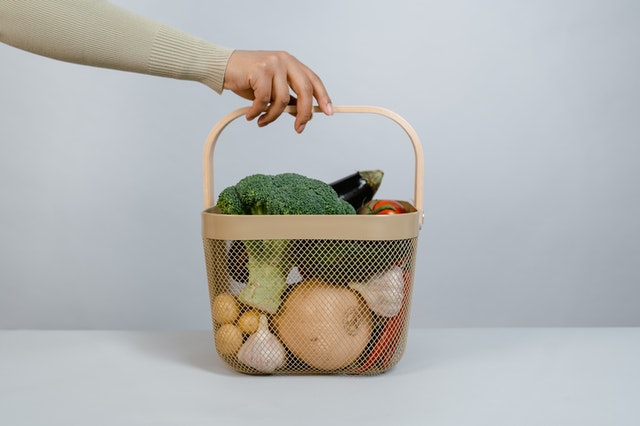There are several reasons why healthy eating is vital. This involves providing your body with energy, developing essential nutrients, reducing your risk of contracting diseases, lengthening your life expectancy, and fostering the best possible mental and physical health. In addition, by consuming the necessary nutrients and calories to maintain a healthy weight, all of the body’s organs and tissues can function properly.
Calories serve as a measure of a food’s energy content. Following food intake, these calories are used during any activity, including breathing and walking. The nutrients the body needs for proper operation are provided by the food consumed. Therefore, the value of a healthy lifestyle strategy is reflected in calorie consumption.
Since a balanced diet guarantees that your body has more energy and better health and improves the state of mind, it reflects healthy eating. If not, one can be more vulnerable to illnesses, infections, or tiredness. Moreover, since it affects a child’s development and growth, the need for nourishing meals is crucial.
What is a Balanced Diet?
The primary nutrients you obtain from food are called macronutrients and include carbs, lipids, and proteins. Typically, a balanced diet consists of 50% to 60% carbs, 12–20% proteins, and 30% fats. This results from a diverse diet, which includes eating a range of foods high in each of these nutrients.
You should try to prioritize nutrient-dense foods:
- Protein: Eggs, fish, chicken, or a plant-based protein like tofu.
- Fat: Olive oil, nuts, nut butter, seeds, avocado, cheese, or full-fat yogurt.
- Fiber-rich carbs: Sweet potatoes, oats, certain fruits, and beans or low-carb fiber sources like asparagus, broccoli, cauliflower, and berries.
- Fruits and vegetables: rich sources of natural fiber, vitamins, and minerals that the body needs to function properly.
Additionally, they have fewer calories and fats. Therefore, eat a variety of vegetables, including leafy greens, legumes like beans and peas, red and orange vegetables, etc. We also need to eat whole and refined grains, like quinoa, oats, brown rice, barley, and buckwheat. Beef and pig, poultry, fish, beans, peas, and legumes are all good protein sources, as are dairy products, including low-fat milk, yogurt, cottage cheese, and soy milk. Healthy nutrition helps to stay hydrated, and drinking water is the easiest way to remain hydrated.
A balanced meal plan includes all the food components and serving sizes needed for breakfast, lunch, snacks, and dinner is essential for healthy eating.
The value of living a healthy lifestyle also includes eating sensibly, which includes limiting unhealthy snacks, eating smaller portions, and avoiding emotional or binge eating. This needs to be supported by a healthy body that is active and gets enough sleep. In addition, you should minimize the amount of ultra-processed foods and beverages you consume, such as sweets, soda, sugary cereals, fried foods, processed meats, ice cream, and highly processed, packaged snacks.

